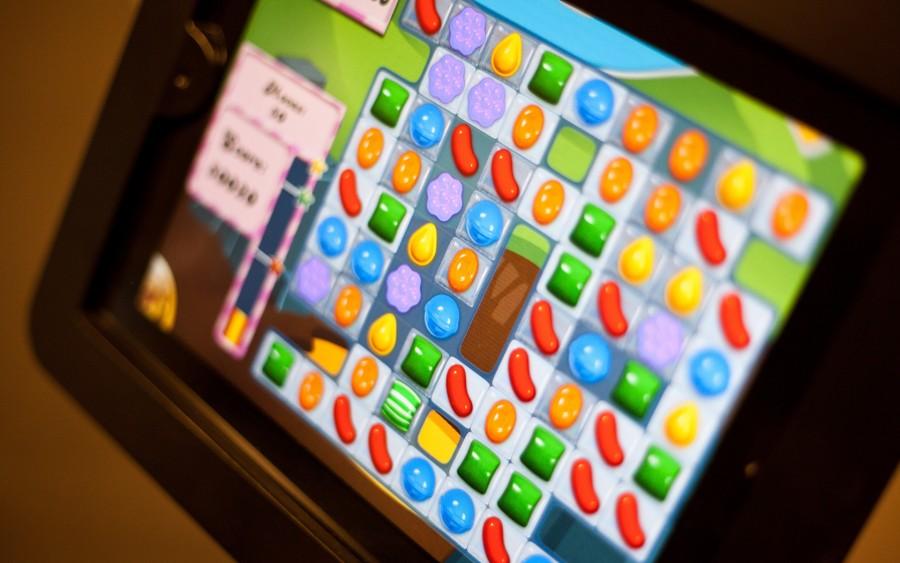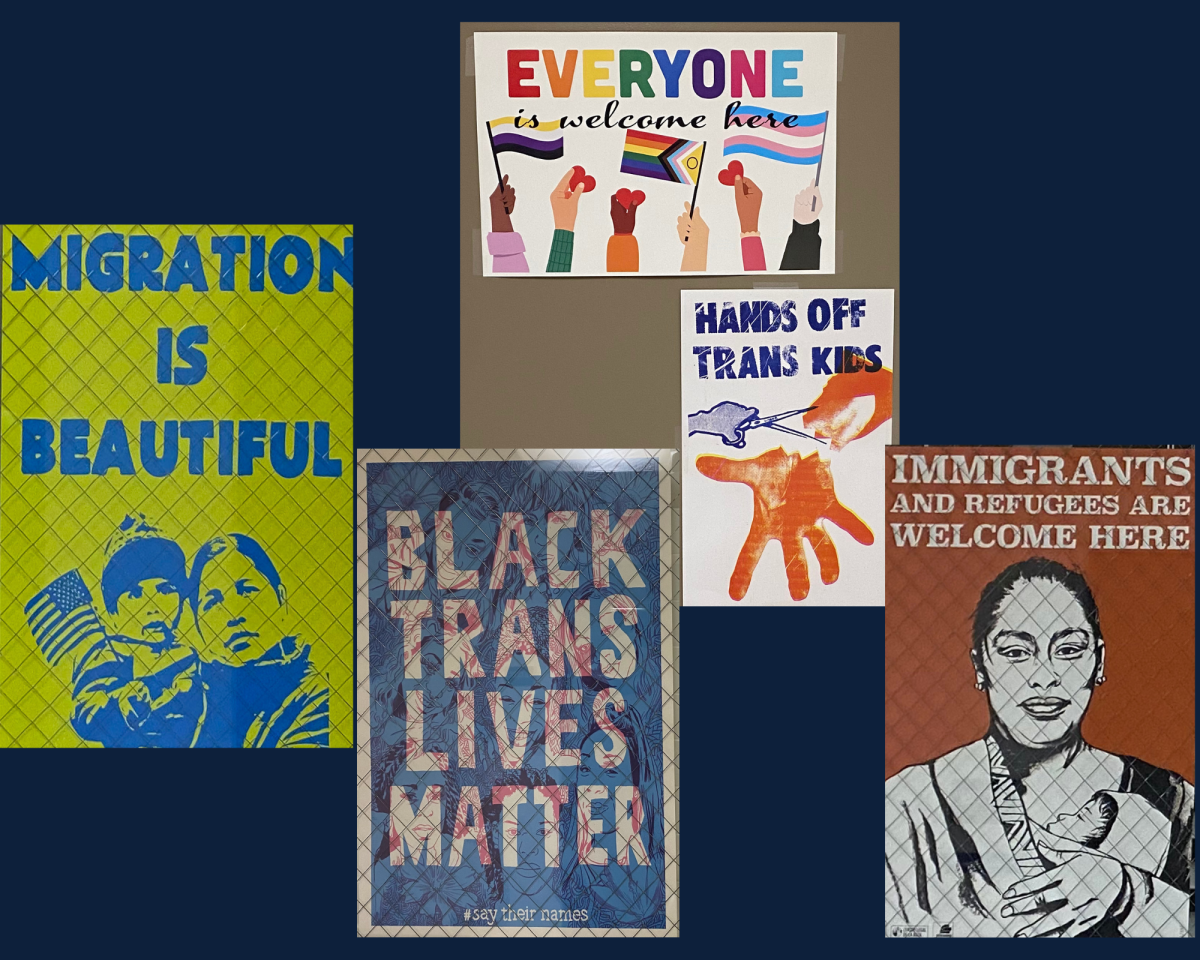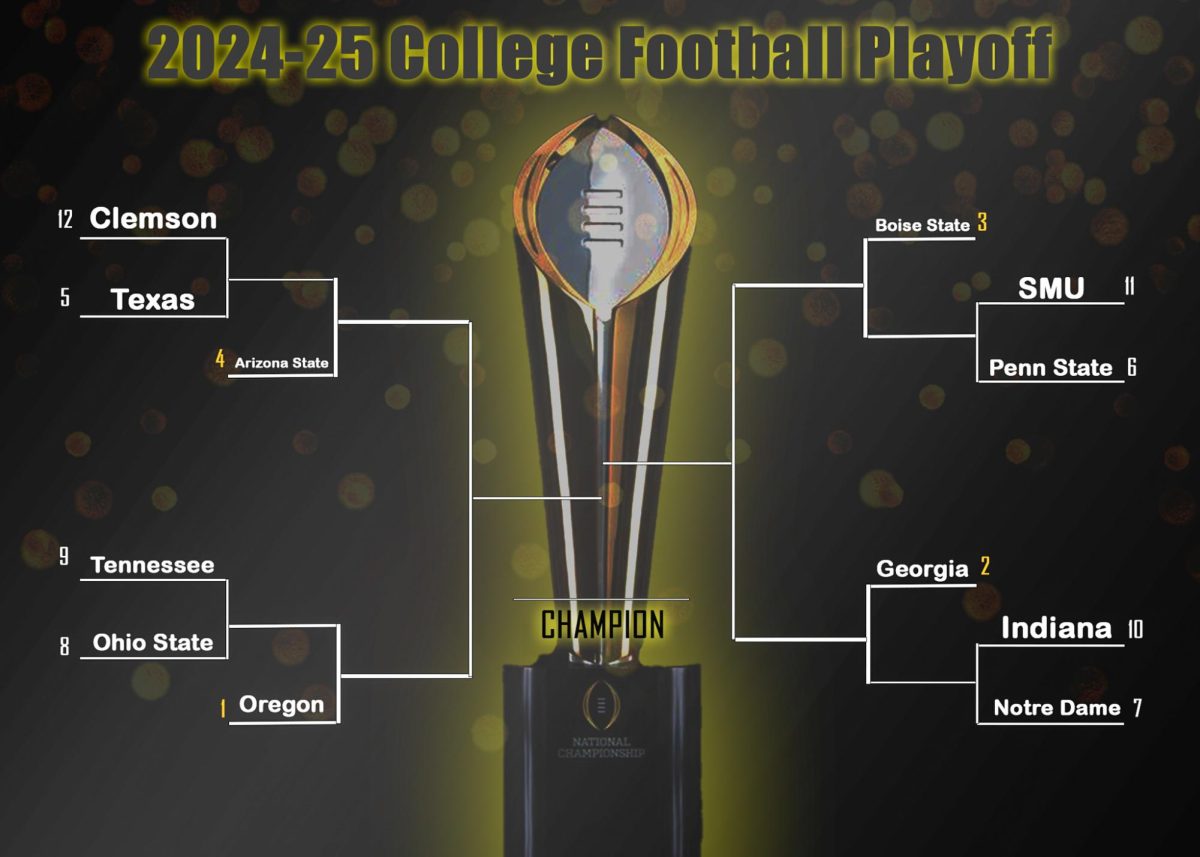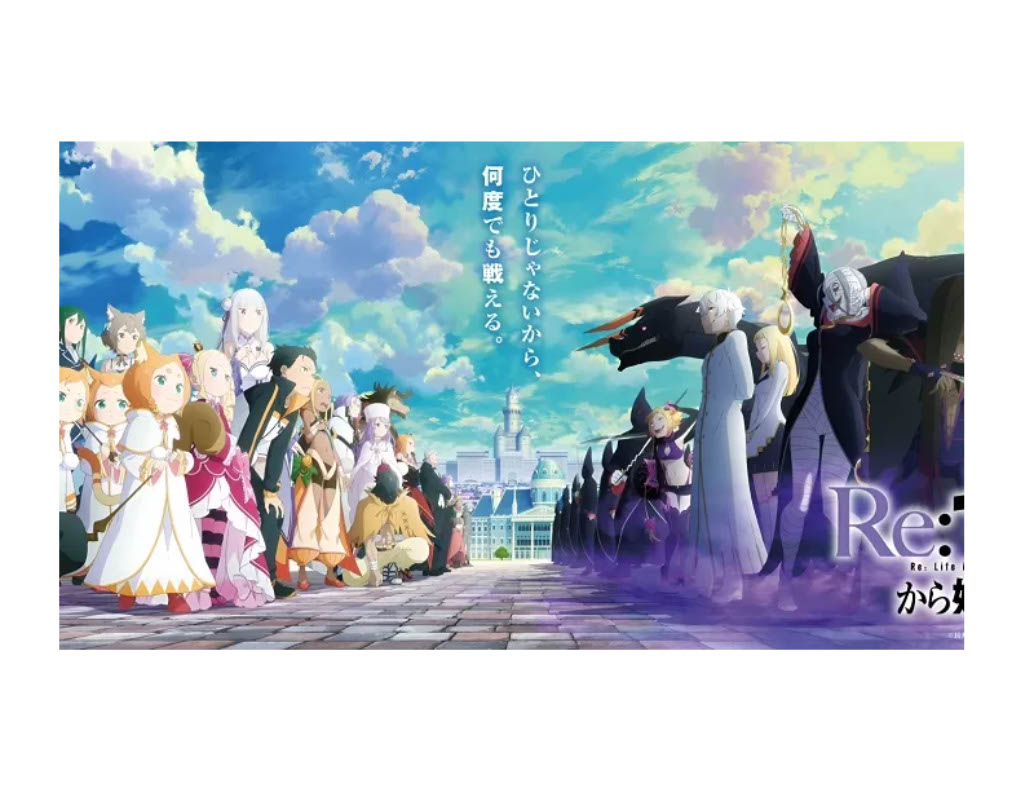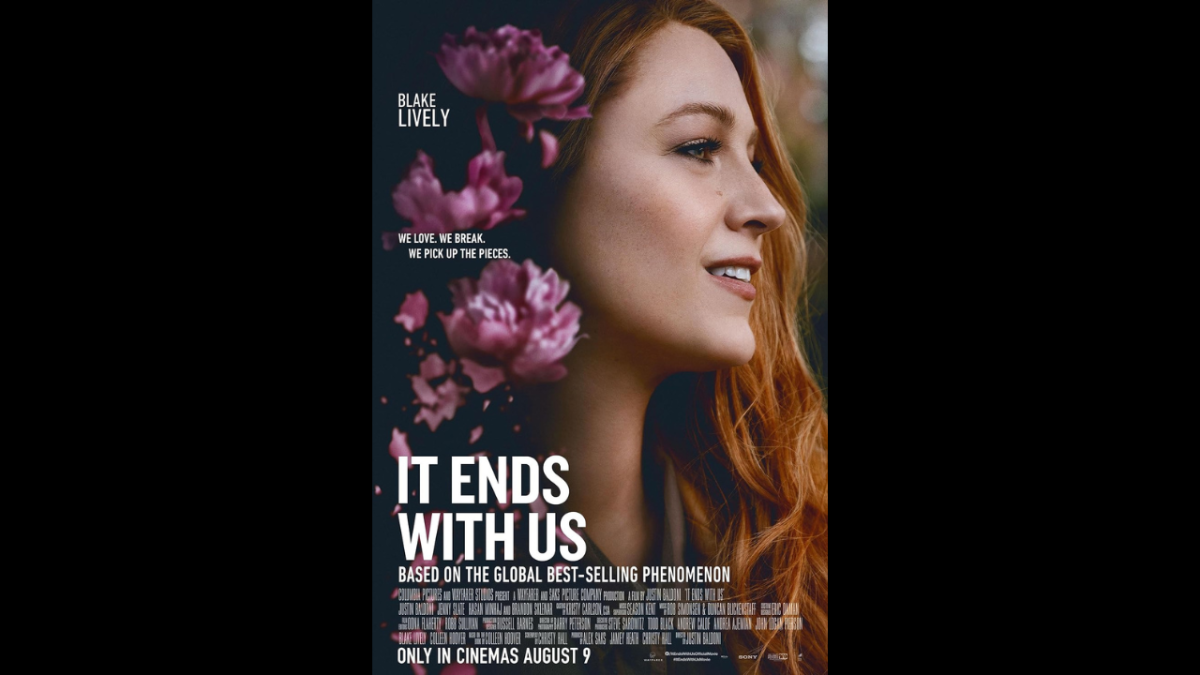Many consumers will remember the advent of Facebook games like “Farmville” or “Words with Friends.”
What consumers may not know is that Zynga’s “Farmville” was an aesthetic clone of an independent game called “Farm Town.”
When it comes to these lesser known titles, game cloning isn’t new. Independent publishers generally lack the funds to fuel a huge legal battle when another developer steals elements from their games or makes a full clone of it.
“Angry Birds” developer Rovio, for example, used many of the mechanics from a free web game called “Crush the Castle,” according to Crush.com.
More notably, award-winning independent game “Braid” recently had elements taken and applied to games available in the Windows store.
The trend we see is slimy developers taking new, successful games, incorporating design elements and play mechanics, and releasing it as their own intellectual properties. Zynga and Rovio have done this successfully, and smaller “bottom feeder” developers do it for a quick buck.
That brings us to King, the developer for “Candy Crush Saga,” who has become infamous quickly with their recent trademark claims of the words “candy” and “saga.”
The official response was King was trying to protect itself from other developers trying to clone the content.
“…Candy Crush Saga, Bubble Witch Saga, Pet Rescue Saga, Farm Heroes Saga and so on. All of these titles have already faced substantive trademark and copyright issues with clones,” King said in a statement.
Then, while using a trademark to protect the games from copyright, the older game “Pac-Avoid” came into the spotlight.
King CEO Riccardo Zacconi apologized in a letter, writing, “The game strongly resembles another game called ‘ScamperGhost.’ The details of the situation are complex, but the bottom line is that we should never have published ‘Pac-Avoid.’”
In the midst of trademarking the words “candy” and “saga” to protect itself from its games being cloned, King has been ousted for doing the same thing.
This laundry list of grievances in the mobile or casual gaming market is making a mess. With the potential for a casual game giant like Zynga, King, Rovio or EA dominating an independently developed project with a better-marketed clone, new developers are less likely to try to make games.
In a recent article for “The Guardian,” investigation showed discord among the ranks at King: “It seems that even within King, there are people who disagree with some of the steps taken by the company in recent weeks.”
“There has been a vigorous debate both inside and outside King about how we protect our intellectual property,” said Zacconi. “At its simplest, our policy is to protect our IP (intellectual property) and to also respect the IP of others.”
As a direct result of King’s actions a group of independent developers started the “Candy Jam” the last few weeks in January. This coalition of gamers created a contest to see who can make the best game with “Candy” in the title by Feb. 3. The tagline of their itch.io-hosted site is, “Fight trademark trolling, make a game.”
At the submission deadline there were 350 games submitted, a number which has grown to 430 games.
“It is useful to make others aware of what happens on the business side of the industry,” said developer Ian Stocker. “I don’t necessarily change everything I do when I hear something like this, but it does inform my purchases or downloads or opinions.”
The trademarking by King here wouldn’t be a problem if the company wasn’t so hypocritical. Few consider the Apple trademark to be even on this level.
Developers and gamers are up in arms because King is a company that takes the mechanics, layout, play style and even aesthetics of an already popular game and then slathers it in its own vile, filthy sugar coating, ready to be marketed to a bunch of casual gamers unaware that the “Candy Crush” game they are addicted to is just a regurgitation of PopCap Games’s “Bejeweled.”


